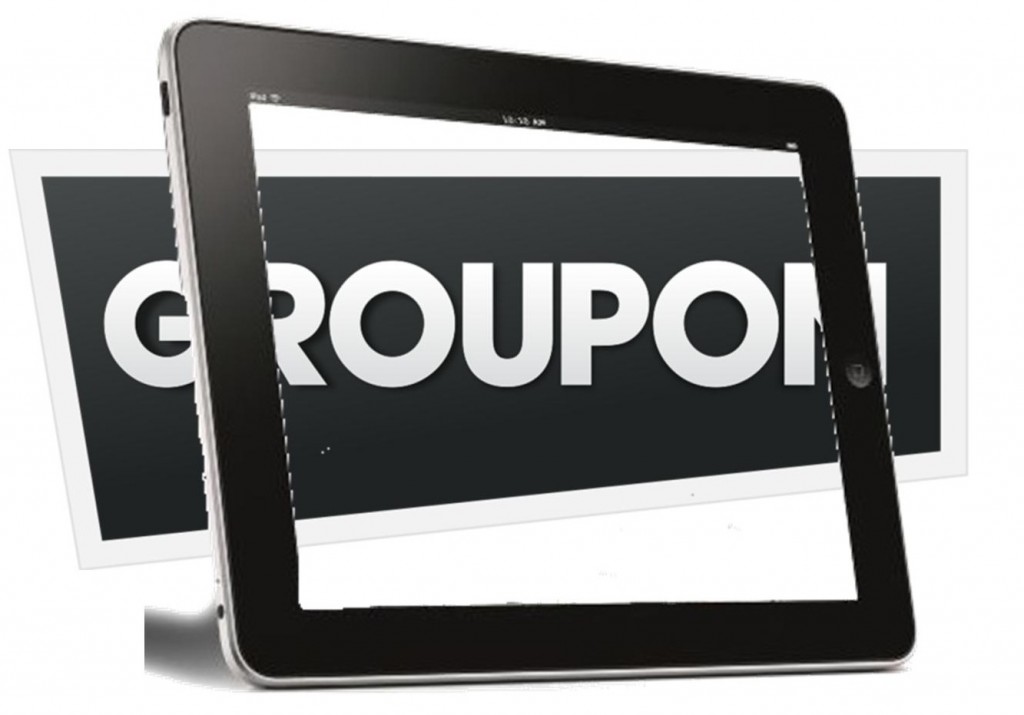Pandora Media Inc. experiences location based marketing flub.
Pandora, the online radio company, gives mobile advertisers the ability to target their users through the zip code the consumer enters upon signing up but, what has recently been discovered, is that the trouble with this mobile marketing technique is if the advertiser’s customers do not manually change their zip code data in the event that they move, they will continue to receive adds that would only be relevant to their previous place of address.
Many mobile ads that use latitude and longitude for targeting a user’s location are inaccurate.
According to a recent Thinknear survey of 53 million ad impressions, only 34% of mobile ads that use geolocation technology for the purpose of targeting mobile users in a specific location are accurate within 328 feet (100 meters). Meanwhile, 27% are inaccurate by over 32808 feet (10,000 meters).
Thinknear General Manager Eli Portnoy said that mobile users on the go create problems for these apps. Although an application developer may believe to have the proper longitude and latitude coordinates that are equal to a one meter (3.2 ft) by one meter location on a map, in reality, these coordinates could be way off by hundreds of meters. Therefore, if an app publisher utilized the zip code that was entered in during sign up as a central point, the user could, in fact, be traveling in a completely different zip code.
Portnoy commented that “The industry is moving very, very quickly, and location is very hard.” He added, “A lot of publishers are not location experts, and they are trying to get location, and they don’t understand how.”
To boost its mobile marketing technique, Pandora has started to check IP addresses.
According to Pandora, the majority of its advertisers are interested in running large-scale campaigns that are nationwide. They have no interest in trying to reach mobile users who are located on a specific city block. For this reason, the internet radio company does not try for a target that would be narrower than zip code.
To enhance its more targeted advertisements, Pandora is now checking from where the IP address of a mobile device is coming and will notify a user to change their zip code if this is required. Pandora’s director of product management, Jack Krawczyk, said that the company’s surveys have revealed that its mobile marketing location accuracy scores are in the high 90s on a percentage scale due to the fact that people do not move that often.

 Both the mobile website and the app have now been changed at Groupon with a considerable shift in their focus. They are now aiming directly at the places in which people actually look for their deals. Therefore, there has been a considerable swing toward personalization, geolocation technology, and search. These redesigns appear to make a great deal of sense and could make all the difference in turning the company’s revenue trend around, to an upward direction.
Both the mobile website and the app have now been changed at Groupon with a considerable shift in their focus. They are now aiming directly at the places in which people actually look for their deals. Therefore, there has been a considerable swing toward personalization, geolocation technology, and search. These redesigns appear to make a great deal of sense and could make all the difference in turning the company’s revenue trend around, to an upward direction.